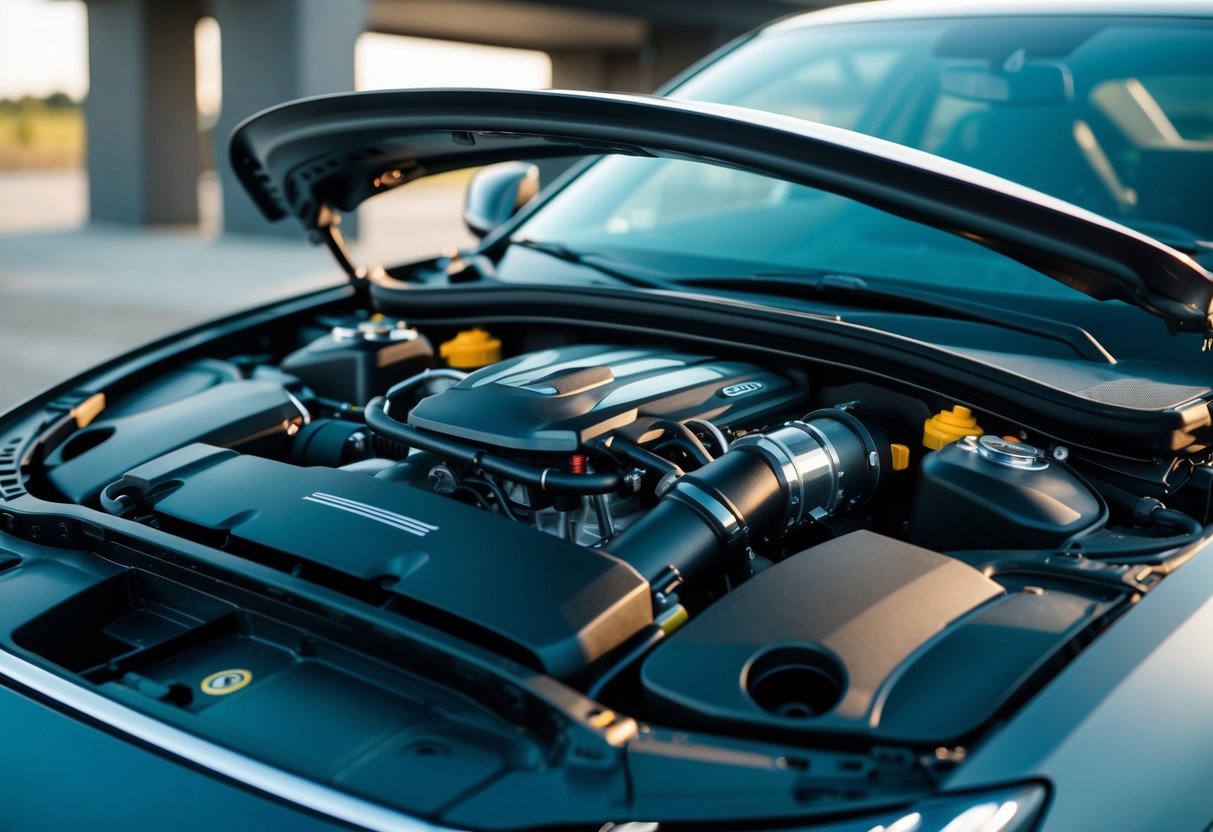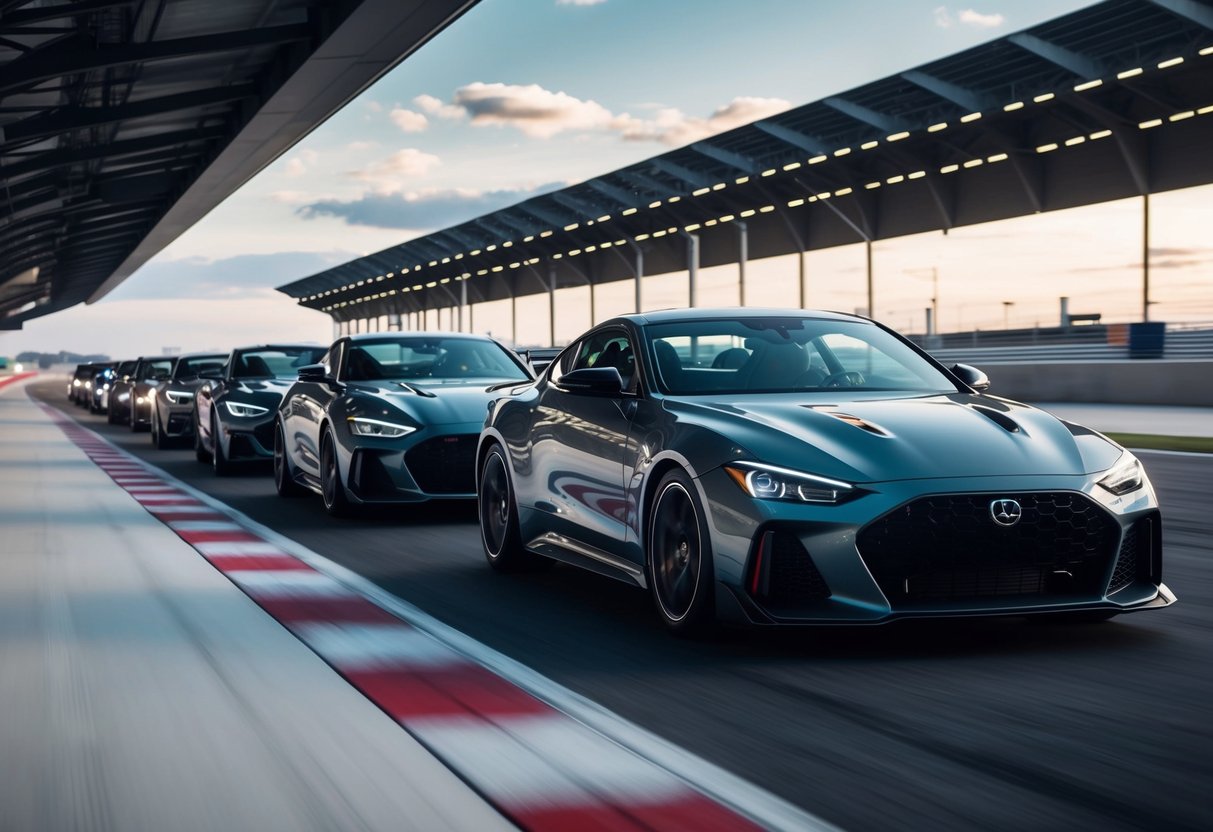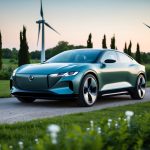
Sports Cars and Performance Vehicles
In the realm of sports cars, turbocharged engines elevate performance to thrilling levels. The Ford Mustang continues to capture enthusiasts’ attention with its turbocharged EcoBoost engine, combining classic muscle car vibes with modern efficiency. The Toyota GR Supra further exemplifies turbocharged potential with its precise handling and robust acceleration.
The Nissan Z Nismo showcases how turbocharging technology enhances speed and responsiveness, making it a top choice for those seeking adventure and performance. Sports car manufacturers use turbocharging to extract more power from smaller engines, providing an optimal balance of performance and efficiency that resonates with driving enthusiasts.
SUVs and Trucks
Turbocharging has made significant inroads into the SUV and truck segments, providing power without compromising fuel economy. The Ford Explorer offers turbocharged options that enhance both road performance and towing capacity, making it ideal for families and outdoor enthusiasts. The compact Honda CR-V also includes turbocharged engine choices, catering to a diverse range of SUV buyers.
The Nissan Rogue benefits from turbo technology, offering a refined and efficient drive. In the truck segment, the Ford F-150 leverages turbocharging with its EcoBoost engines, delivering a combination of strength and fuel efficiency. Turbocharged engines in SUVs and trucks provide the necessary power for various driving scenarios, from city roads to rugged terrains.
Cost Analysis of Turbocharged Cars

Evaluating the cost of turbocharged cars involves understanding their MSRP and ownership expenses, as well as assessing the balance between price and performance. These considerations help potential buyers make informed decisions when selecting a vehicle that suits their budget and driving preferences.
Understanding MSRP and Ownership Cost
The Manufacturer’s Suggested Retail Price (MSRP) serves as a starting point for evaluating the upfront cost of turbocharged cars. It’s a baseline figure provided by automakers, but real-world prices often vary due to dealer markups, promotions, or negotiations. While MSRP is significant, ownership costs extend beyond just the sticker price.
Long-term expenses like fuel efficiency, insurance, and maintenance play a crucial role in overall affordability. Turbocharged engines can be more efficient than their naturally aspirated counterparts, potentially lowering fuel costs. However, the advanced technology can also mean higher maintenance costs over time. Buyers should consider these aspects when calculating the total cost of owning a turbocharged vehicle.
Price vs Performance in Turbo Models
Price and performance are key elements to weigh when evaluating turbocharged cars. These engines offer impressive horsepower and torque, enhancing driving dynamics, yet the performance gains often come with higher price tags. Evaluating the value of these models hinges on how much the buyer values the boost in power and acceleration.
Turbocharged models can offer a persuasive combination of speed and efficiency, sometimes providing better fuel economy despite their enhanced power. This balance is pivotal in determining the true value of a turbocharged engine. Enthusiasts seeking superior performance should consider whether the added price justifies the driving experience turbocharged cars deliver.



